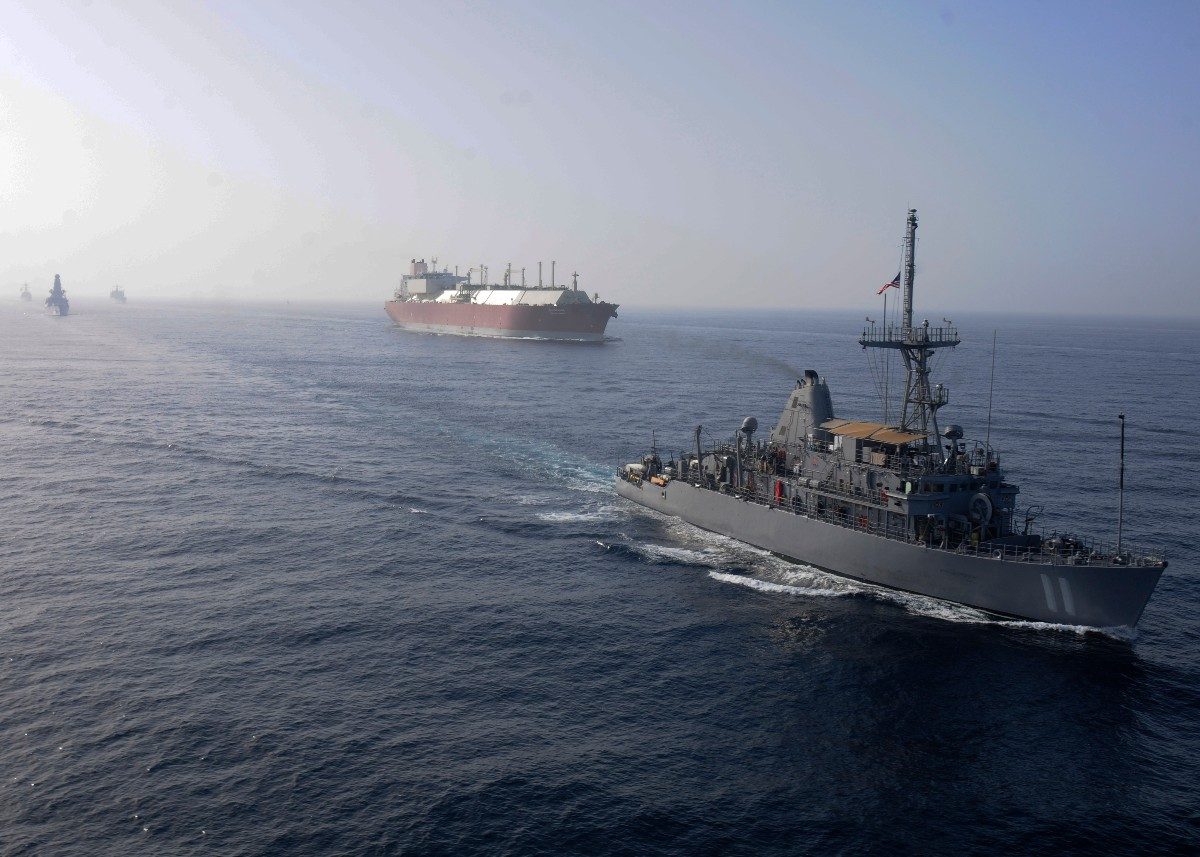
America is Turning its Back on Trade and Global Leadership
When history is written about America’s 21st Century retreat from world trade, they will see that the turning point was March 2018. This was the month in which the Trans Pacific Partnership came into existence without the United States at its center. This was the month in which the American President unilaterally slapped tariffs on imports of steel and aluminum, and then called for countries to beg him for exemptions. This was the month in which the US announced it would place $60 billion of new tariffs on Chinese imports as punishment for intellectual property theft. If this protectionist trend is not reversed, March, 2018 will go down as the most consequential month for American global leadership since the start of the Iraq War 15 years before.
While the Trump Administration has justified some of these protectionist measures as a way to shore-up national security, the truth is the exact opposite. Protectionism drives global competition and undermines confidence in American leadership. The seeming arbitrary application of tariffs on allies and partners makes those countries less likely to help when America needs it. Although many would agree that China has violated intellectual property rights, the global trading system presents remedies through a rules-based system at the WTO.
This is a good time for a reminder of how important the American support for a free and open trading system has been to American national security.
During the Cold War, President Eisenhower justified trade liberalization as a way to tie together the “Free World” against Communism. The prosperity enjoyed by all members of this trading bloc quickly dried-up local support for Communist parties. It was so successful, that when the Communist system did fall, former Communist nations lined-up to join the system after the fall of the Berlin Wall.
The dramatic expansion of trade allowed by the end of the Cold War has unleashed unprecedented economic growth around the world – creating a powerful incentive for peace. In regions that trade with each other, conflict becomes unthinkable, as it would interrupt the trade flows that are the basis for that peace. The best example is how East Asia transitioned from an area characterized by war, repression, and poverty to the home of booming economies and the center of world trade. It is notable that the areas of persistent conflict in recent decades – the Middle East and Africa – are the ones least tied into the global trading system.
The evidence supports this. When countries have become rich through business and trade (as opposed to through resource exploitation), they are less likely to go to war. On the other hand, when economic growth fails, evidence shows that governments emphasize nationalist disputes – a harbinger of conflict.
Trade bolsters national security through shared values by encouraging free exchange. Trade is not only an engine of economic growth, it also encourages people to share ideas, business practices, and culture. The global trading system enshrines these advances by providing assurances about property rights and business practices. As trade and investment increase, so too does travel and direct engagement. The truth is, it is far harder to start a war with a country when you’re doing business with them.
Finally, trade builds peace through strength. The National Academies of Sciences has found that increased trade among partners helps to build them into a more stable network of military and strategic alliances. Coalitions of like-minded countries that come together on trade will also work together on defense and security issues. The countries which America counts as major allies are also some of our closest partners in trade and investment. Those who would retreat from trade are signaling American weakness, not strength.
A rules-based trading system – not one at the whim of an impulsive protectionist in the White House – helps to create the foundation for the world we want. A world governed by rule of law, with transparency and comprehensive norms and without fear of coercion or intimidation. The actions taken by President Trump in March 2018 harm America’s standing in the global community and undermine American leadership at a critical time. In short, trade is about peace, stability, and our national security.





